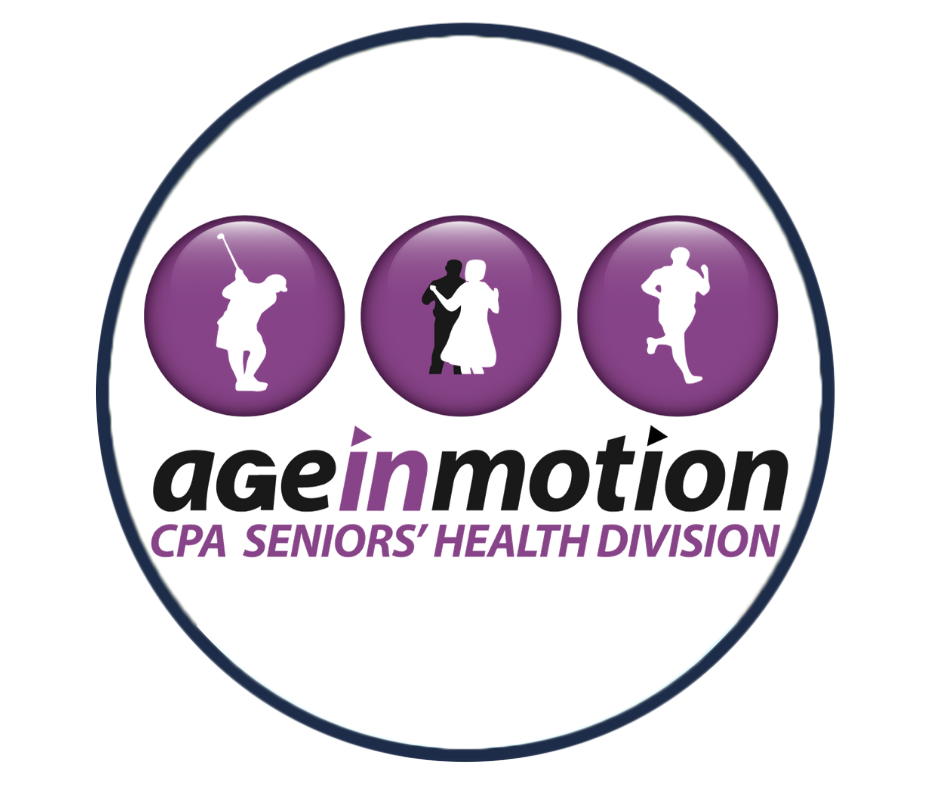Dementia Inclusive Exercise Strategies

Dementia Inclusive Exercise Strategies
This course includes
Overview
Supporting individuals living with dementia requires more than clinical knowledge - it demands empathy, adaptability, and an inclusive, person-centered approach to exercise and rehabilitation. In this course, presented by the Canadian Physiotherapy Association Seniors Health Division, participants explore practical strategies for creating dementia-inclusive exercise environments that promote safety, participation, and dignity.
This course challenges common misconceptions about dementia, emphasizing that it is not a normal part of aging nor a uniform decline. Instead, dementia is a complex and fluctuating syndrome that affects cognitive, physical, sensory, and behavioral function differently for each individual. Participants will gain insight into respectful communication strategies, symptom variability, environmental adaptations, and inclusive exercise planning that supports individuals in maintaining independence and meaningful participation in physical activity.
Learning Objectives
By the end of this course, participants will be able to:
-
Describe dementia as a syndrome and recognize its diverse causes and symptom presentations
-
Apply person-first, respectful language when communicating with individuals living with dementia and their care partners
-
Identify common physical, cognitive, sensory, and behavioral changes associated with dementia
-
Recognize how symptom variability impacts exercise participation and rehabilitation planning
-
Implement dementia-inclusive exercise strategies that promote safety, engagement, and independence
-
Modify environments and communication approaches to support sensory processing challenges
-
Apply person-centered strategies to address behavioral changes and unmet needs
-
Support autonomy and decision-making capacity in individuals living with dementia
Audience
This course is designed for healthcare and movement professionals working with older adults, including:
-
Physiotherapists
-
Occupational Therapists
-
Kinesiologists and Exercise Professionals
-
Therapy Assistants
-
Rehabilitation Clinicians
-
Fitness Professionals working with aging populations
-
Healthcare providers supporting individuals living with dementia
Why This Course Matters
Dementia prevalence continues to rise globally, increasing the demand for healthcare professionals who can deliver safe, inclusive, and effective exercise programming. Despite growing awareness, stigma, misconceptions, and limited training often create barriers to participation in rehabilitation and physical activity for individuals living with dementia.
This course equips clinicians with evidence-informed strategies to move beyond deficit-focused care models and adopt approaches that emphasize retained abilities, autonomy, and quality of life. By understanding the interplay between cognitive, sensory, behavioral, and physical symptoms, clinicians can better tailor exercise interventions and create supportive environments that reduce risk, improve engagement, and enhance functional outcomes.
Ultimately, dementia-inclusive exercise supports not only physical health but also emotional well-being, social participation, and long-term independence.
About the Presenter
Dr. Laura Middleton

Laura Middleton is an associate professor in the Department of Kinesiology at the University of Waterloo and a research scientist at the Schlegel Research Institute for Aging. Her research aims to identify strategies to prevent dementia and promote wellbeing and independence among those living with dementia.
She focuses on the influence of lifestyle, and specifically on the role of exercise alone and in combination with other therapeutic approaches (for example, cognitive training or healthy diet). She partners with people living with dementia, health care professionals, and community service providers to create accessible and effective solutions for people living with dementia in Canadian communities.
One recent project (the ‘Dementia-Inclusive Choices for Exercise’ project) aims to increase the quality and quantity of exercise programs accessible to people living with dementia by improving understanding of dementia, decreasing stigma, and promoting use of inclusive practices.
The instructors


The Seniors’ Health Division (SHD) is a special interest group within the Canadian Physiotherapy Association. SHD is committed to providing members with services related to older adult health and physiotherapy practice.
It is comprised of physiotherapists from across Canada who work with older adults in a variety of practice settings, including acute geriatric care, geriatric rehabilitative and restorative units, long term care settings, community based and home care settings.
SHD is a member of The International Association of Physical Therapists working with Older Persons.
Vision of the Seniors' Health Division: Older Canadians are moving, moving more and moving better with the help of physiotherapists.
Mission of the Seniors' Health Division: To support our members in providing excellent physiotherapy care to optimize the independence and quality of life of older adults.
Material included in this course
-
Dementia-Inclusive Exercise Strategies
-
Welcome
-
Introduction
-
Dementia-Inclusive Choices for Exercises
-
Considerations for Patients with Dementia
-
Considerations for Patients with Dementia: Summary and Key Insights
-
Adapting your Practice
-
Case Study
-
Questions
-
Feedback
Patient education included in this course
-
Supporting Exercise and Well-Being for People Living with Dementia
Is a certificate of completion included with this course?
Once you have completed the course, a certificate of completion (including learning hours and course information) will be generated. You can download this certificate at any time. To learn more about course certificates on Embodia please visit this guide.
This can be used for continuing education credits, depending on your professional college or association. If this course has been approved for CEUs in specific jurisdictions, it will be noted on the course page and CEU information may be added to your course certificate. Please read this guide for more information.
I'm a member of the Canadian Physiotherapy Association (CPA). What are the discounts available to CPA Members on Embodia?
As part of our partnership with the CPA, we offer its members discounts on courses and Embodia Memberships. Learn more about the partnership on this page.
In order for the discount to be applied, you first need to authenticate your CPA membership. This is an important step as this is how Embodia 'knows' that you are a CPA member.
To authenticate as a CPA member, you need to sign in the CPA portal on this page, sign in to your CPA account, and then click the button on the page.
Please note that your email address on your CPA account must match your email address on Embodia. If needed, you can update your information on Embodia as outlined in this guide.
